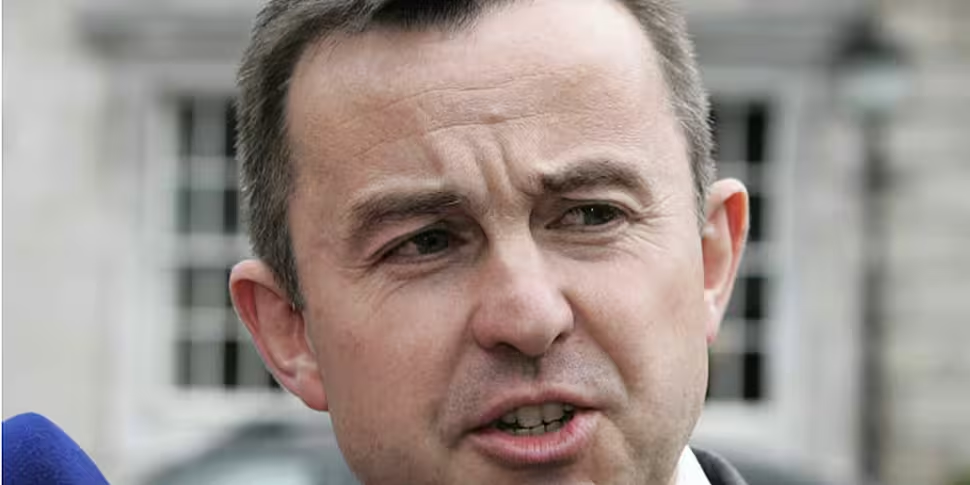Ireland is among the countries who have formally objected to the European Commission's proposed Common Consolidated Corporate Tax Base (CCCTB), according to Fine Gael MEP Brian Hayes.
Sweden, Denmark, Malta, Luxembourg and the two houses of the Dutch parliament objected, while the UK's House of Commons went as far as publishing a report that is critical of the proposal.
Despite the number of formal objections being lodged, it is not enough to trigger the formal yellow card procedure for EU legislation.
"For this to happen," Hayes explained, "at least 33% of national parliaments must object to a proposal."
He continued that it was rare that so many national parliaments would object to EU legislation:
“The Commission must listen closely to these objections from national parliaments. The fact that these national parliaments have issued a yellow card to the legislation means that their governments have a stronger mandate from their elected representatives going into negotiations.
“While I believe that the consolidation aspect of the CCCTB proposal is a bridge too far, the Irish government must still engage with other member states and the Commission, particularly on a common corporate tax base (CCTB – without consolidation).
"Consolidation of the tax base, however, effectively represents wide-scale tax harmonisation through the back door. It cuts across how member states set their tax corporate rates and policy and is a cumbersome way of addressing cross-border tax losses.
“The Commission failed on one attempt to get CCCTB over the line. There is a serious onus on the Commission now to understand the concerns that various member states have on this file.”
The European Commission put the introduction of a CCCTB back on the table in October, with resistance immediately felt from Irish shores.
Speaking before the Oireachtas Finance Committee on the proposals, UCC economist Seamus Coffey said:
"It is not unduly pessimistic that Ireland could lose up to 50% of our current corporation tax base if the CCCTB is to be introduced."
The move would benefit large member states such as France but – as Coffey warned the Oireachtas Finance Committee – could have a huge impact on Irish revenues which are likely to rise to over €7bn in the current year.
Coffey also noted that, as well as seeing Irish-based companies forced to pay some of the tax currently paid here elsewhere, it could change corporate behaviour, including where they set up.
The proposals might also see Irish firms pay less tax as they avail of new loopholes including writing off entertainment costs.
The Irish Tax Institute said the CCCBT would mean a loss of Irish sovereignty, writing in its submission to the committee:
"Countries need the flexibility to adapt their tax policy if problems arise or individual circumstances change. One of Ireland's unique strengths is that we can adapt quickly to change when the need arises. This has served us well and is not something to surrender lightly."









